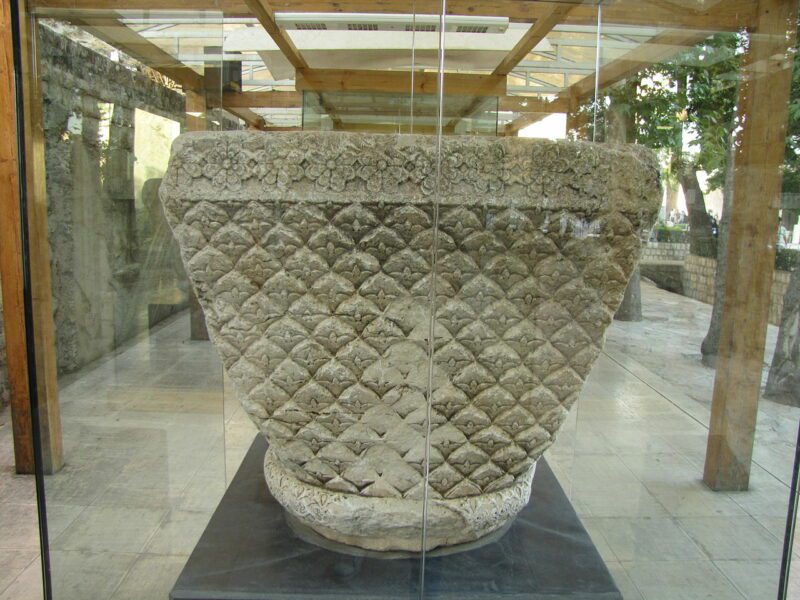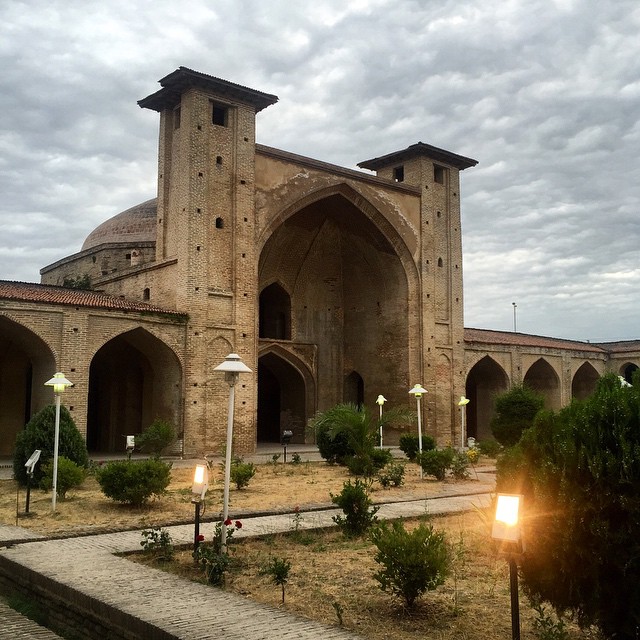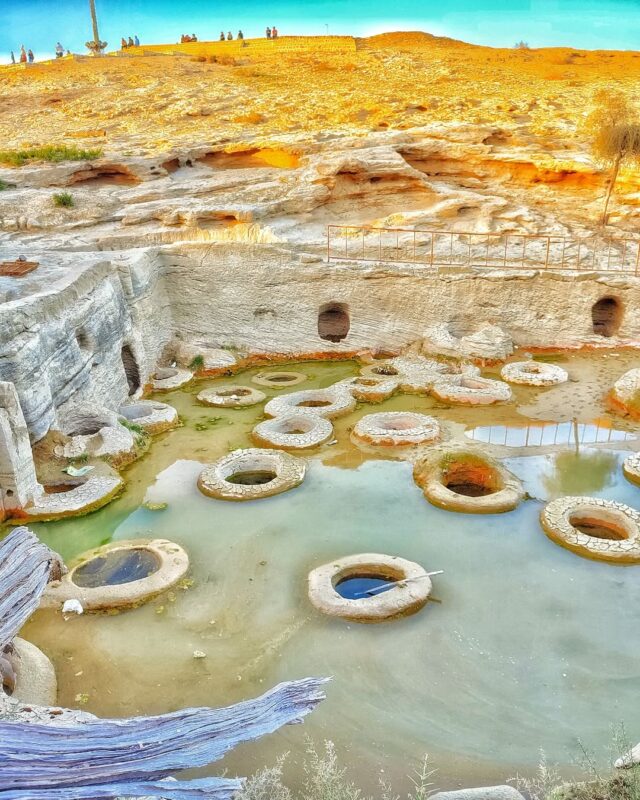Mausoleum of Mullah Hasan Kashi: a shining gem in the grounds of Soltanieh Mausoleum
The tomb of Mullah Hasan Kashi, a famous mystic and poet of the 8th century AH, in the south of Soltanieh city and in the area of Soltanieh Mausoleum, shines like a shining jewel in the darkness of Iran’s history. This octagonal building, which belongs to the Ilkhanid period, attracts many tourists every year with its unique tile and brick decorations.
Architecture:
The turquoise dome of Mullah Hassan Kashi’s tomb stands out from a distance and seems to invite visitors to enter this historical monument. The exterior of the building is decorated with turquoise tiles and slime and geometric motifs, and an inscription in Kufi script can be seen on it.
The entrance of the mausoleum, with a long arch and plaster decorations, leads to the interior of the building. There are eight stone pillars inside the building that support the dome. The inner roof of the dome is decorated with moqrans work and Islamic motifs and Quranic verses, and a mihrab is also located on the south side of the building.
In addition to the architectural beauty, Mullah Hasan Kashi’s tomb is also of great historical and cultural importance due to the burial place of this famous mystic. Mulla Hasan Kashi was a contemporary of Khwaja Nasiruddin Tusi and a disciple of Sheikh Saaduddin Ardabili. He played an important role in promoting mysticism and Sufism and left behind many works in this field.
Today, Mullah Hasan Kashi’s tomb is one of the important tourist attractions of Soltanieh city, a place for those interested in history, culture and mysticism. Visiting this historical building is an opportunity to learn about the architecture of the Ilkhanid period, the life and thought of Mullah Hassan Kashi, and Iranian-Islamic culture and mysticism.
Mausoleum of Mullah Hasan Kashi




Join The Discussion